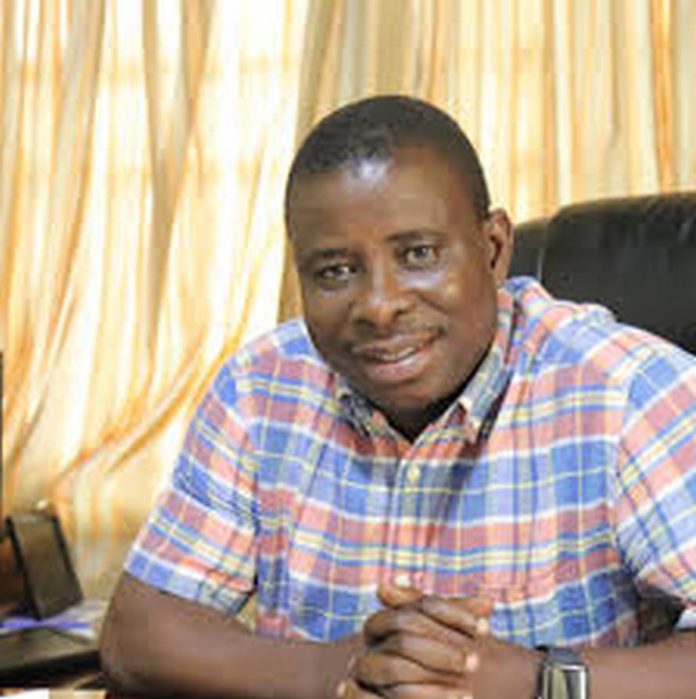
The Chief Executive Officer of Koans Building Solutions, Kofi Anokye, has questioned the rationale behind proponents of marijuana legalisation in Ghana and the timing of the discussion.
In an interview with the renowned real estate developer on the ongoing debate in Ghana’s parliament regarding the legalisation of cannabis for medicinal purposes and exports, Mr Anokye expressed his reservations about the proposed legislation, emphasising that Ghana lacks the necessary systems to mitigate the potential risks associated with marijuana and safeguard against potential repercussions.
Mr Anokye argued that Ghana currently possesses numerous avenues for revenue generation that remain under-utilised.
He questioned the wisdom of risking the future of the nation’s children by exploring uncharted territory fraught with documented dangers.
“From the days of Guggisburg to Dr Kwame Nkrumah, our fertile land has yielded the finest cocoa, cashew nuts, maize, oil palm, and various other crops with minimal risks and challenges.
“We have enough technical knowledge and structures to build on if we are serious about maximising the benefits of these cash crops. It doesn’t sit well with me that the conversation is not about growing more cocoa, oil palm, cassava, maize, and the other crops that do well here and are able to give us the money we want from cannabis and even more without endangering the kids.
“It is illogical to pursue an alternative with such inherent dangers,” Mr Anokye asserted.
He further questioned whether Ghana had maximised the benefits derived from its existing resources, including oil, gold, diamond, timber, and bauxite, to the point where the legalisation of marijuana became a necessity.
Mr Anokye stressed the importance of focusing on optimising the potential of these established crops and diverting attention away from the cannabis debate, citing the risks associated with marijuana as well as the absence of guaranteed success in its cultivation.
“We need to concentrate on what we already possess; they are more than sufficient,” he concluded.
Mr Anokye, a respected real estate developer, brings to the forefront an alternative perspective in the ongoing discussion surrounding the legalisation of cannabis in Ghana.
His concerns highlight the need for a comprehensive evaluation of the potential risks and benefits associated with this legislation.
As the debate continues in Ghana’s parliament, stakeholders must carefully consider the arguments put forth by individuals like Mr Anokye, who advocate for maximising the existing resources of the nation before venturing into uncharted territories.
